Invited Speakers
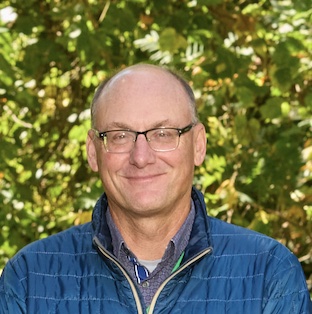
Gregg A Howe
MSU-DOE Plant Research Laboratory, Michigan State University, USA
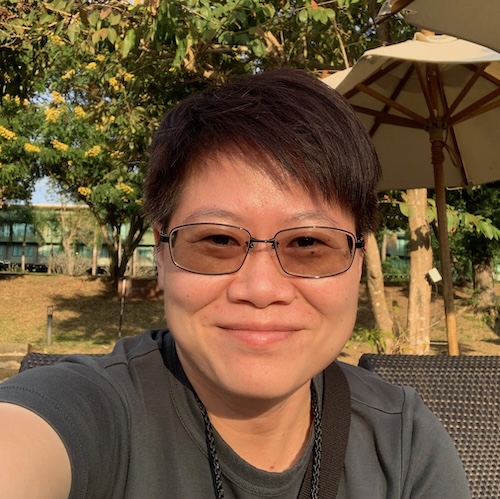
Ya-Ping Lin
The World Vegetable Center,Taiwan
Ya-Ping Lin holds a PhD in Genetics and Crop Breeding
from National
Taiwan
University.
She is an Omics breeder at the World Vegetable Center.
Her research focuses on developing innovative decision-making selection approaches using
omics data to accelerate breeding programs.
She has extensive experience in profiling the genetic diversity of vegetable germplasm,
identifying quantitative trait loci (QTL) and functional genes contributing to disease
resistance in Solanaceae vegetables, and predicting vegetable performance using omics
data.
Her unique strength lies in bridging the gaps between bioinformaticians and biologists.
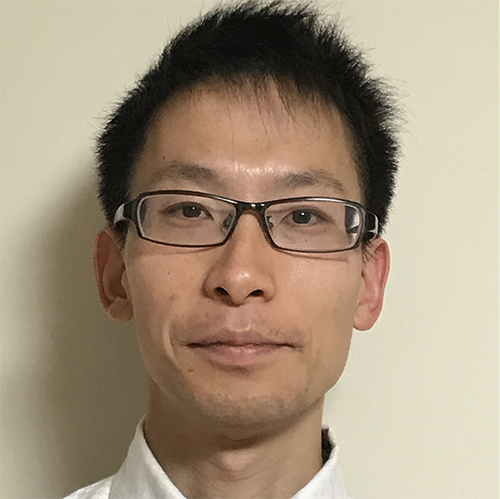
Yoshiyuki Tanaka
Graduate School of Agriculture, Kyoto University, Japan
Yoshiyuki Tanaka is a professor in the Vegetable and
Ornamental Horticulture lab, at Kyoto University.
His study aims to understand about capsaicin and its analogs biosynthesis in chili pepper, and
evolution of capsaicin biosynthesis pathway in Solanaceae.
His research interest also includes mechanisms on fruit development in chili pepper.
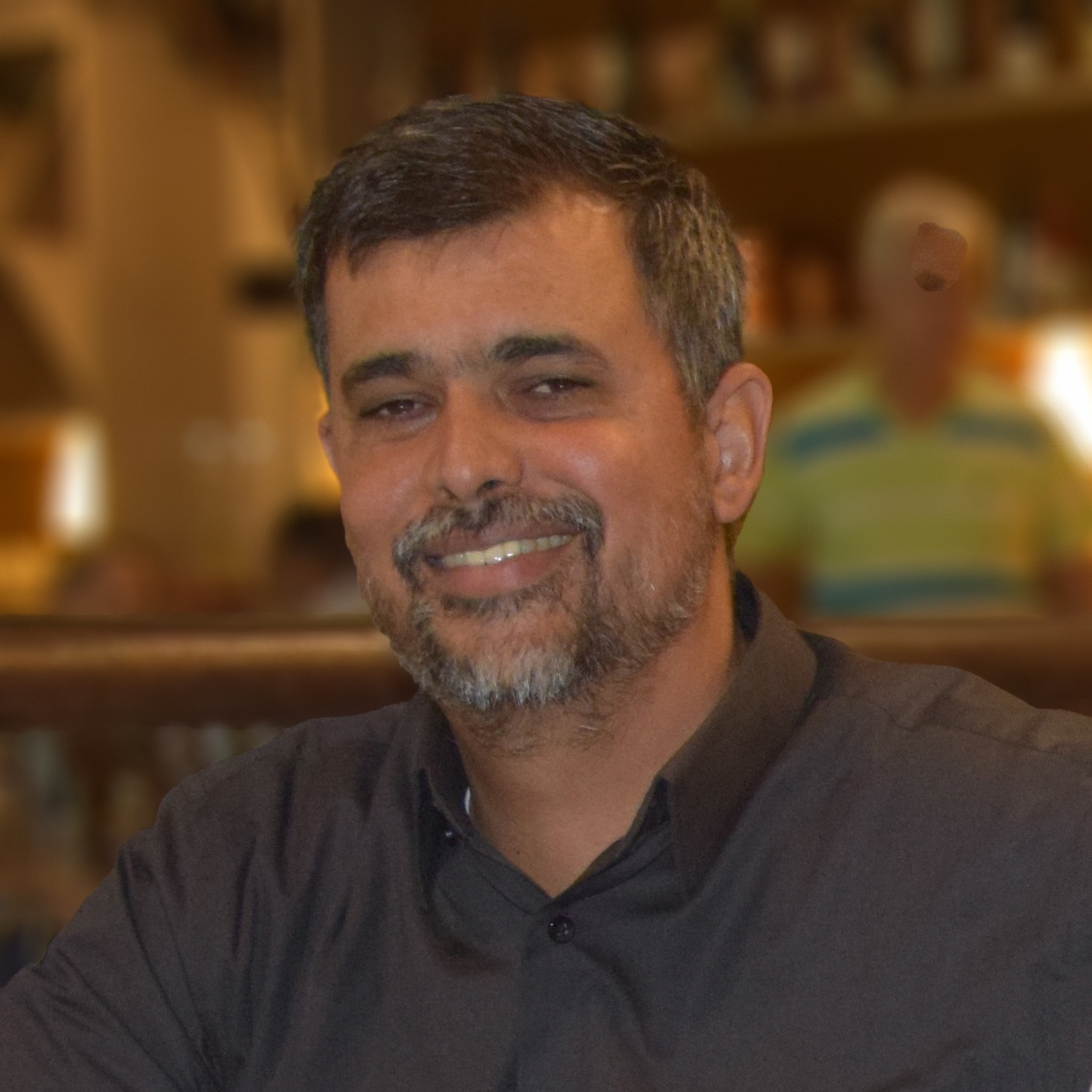
Lázaro E. P. Peres
University of São Paulo, Brazil
Dr. Lázaro E. P. Peres is a Professor of Plant Physiology at the University of São Paulo (USP), Brazil. His main research interest is plant development and its interaction with the environment. Dr. Peres has established and curates a large collection of induced mutants, natural genetic variation and transgenic plants in the model system tomato cv. Micro-Tom. Some of the genes studied in the Dr. Peres´s lab have alleles exclusive from tomato wild species, representing genetic resources for fundamental studies on plant adaptation, domestication and breeding for stress resistance and nutrient-rich food.
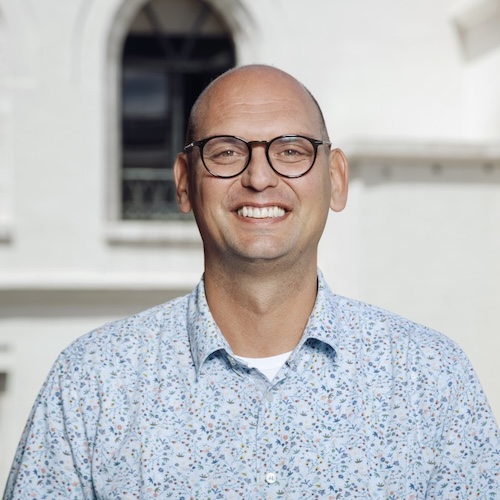
Pieter van't Hof
Universidad San Francisco de Quito,Ecuador
Pieter van ’t Hof is a professor at the Faculty of Biological and Environmental Sciences at Universidad San Francisco de Quito, in Ecuador. Together with his team, he developed multidisciplinary research lines that integrate functional macroecology with molecular microbiology. His main focus is the microbial ecology of emblematic species in diverse landscapes, such as tomatoes in the center of origin in the Andean highlands, as well as the endemic tomato species at the Galapagos Islands. Alike genomes of wild tomato ancestors offer a valuable source of beneficial traits for breeding cultivated varieties, exploring their wild microbiome in native environments in the center of origin of Solanaceae allows the discovery of microbial taxa and traits that may contribute to crop growth and health.
